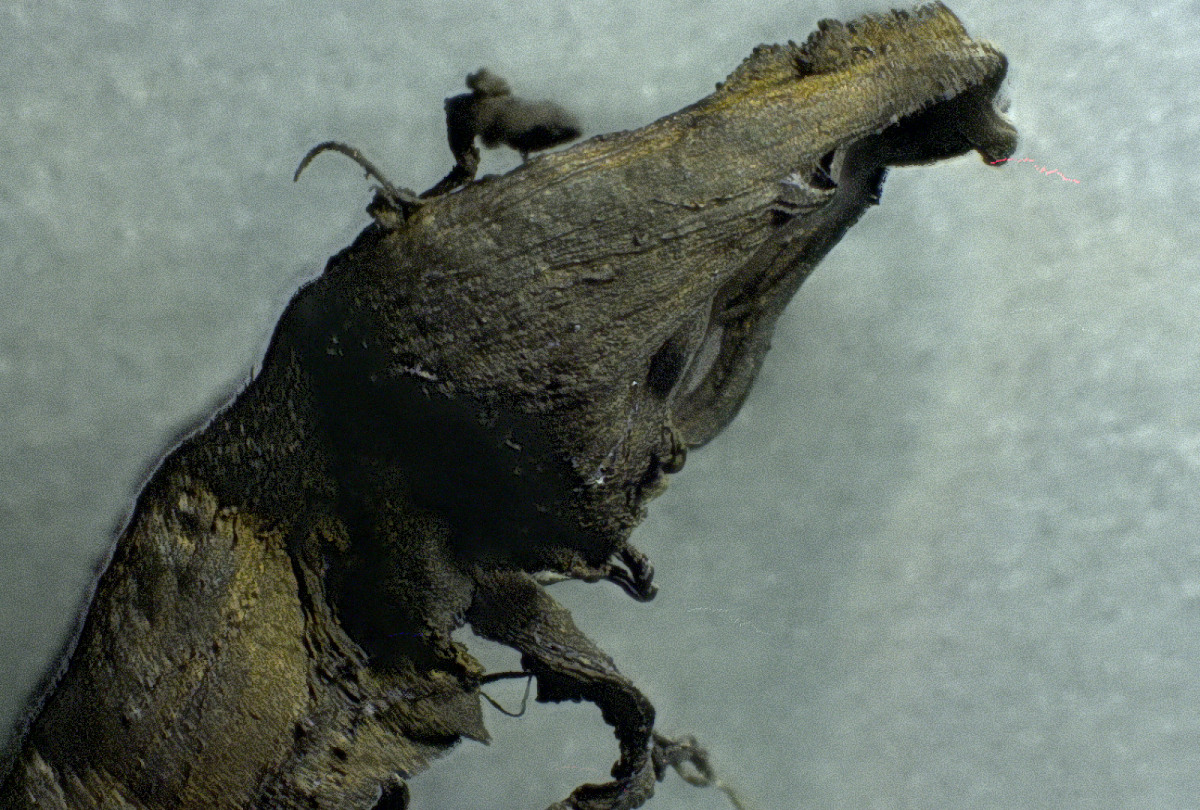Study: Weather alone does not significantly impact the spread of the coronavirus
11/06/2020 / By Ramon Tomey

A new study found that weather alone has no significant impact on coronavirus transmission. In a paper published in the International Journal of Environmental Research and Public Health, researchers from the University of Texas at Austin (UT Austin) elaborated that temperature and humidity do not play a key role in the spread of the Wuhan coronavirus (COVID-19).
Weather influences the environment in which the novel coronavirus must survive before it can infect a new host. However, it also influences human behavior that brings the pathogen from one host to another. Thus, the spread of the coronavirus is affected by how people move and live – regardless if it’s hot or cold outside.
For the study, the researchers combined temperature and humidity into one single value, called “equivalent air temperature.” They then analyzed equivalent air temperature alongside coronavirus spread in different areas from March to July 2020 – with their scale ranging from U.S. states and counties to nations, regions and the world at large.
The scientists found that the weather had little to no influence across scales: Weather only had a three percent importance in the spread of the coronavirus at the county scale. Furthermore, no specific type of weather promoted the spread of COVID-19 in all scales.
UT Austin professor Dev Niyogi, one of the study’s authors, said that weather was one of the last parameters affecting the virus’s spread. “The effect of weather is low, and other features such as mobility have more impact [in transmitting the coronavirus].”

Human behavior played a bigger role in the spread of COVID-19
The research team also looked at the relationship between coronavirus infection and human behavior at the county and state scales, using cellphone data to study travel habits.
They found that human behavior, particularly individual actions, contributed more to the spread of the coronavirus. Taking trips was the top contributing factor to the spread of COVID-19 at 34 percent while spending time away from home followed at 26 percent.
The number of people in a certain location also served as a contributing factor: Population had a 23 percent importance, while urban density followed at 13 percent.
“We shouldn’t think of the problem as something driven by weather and climate,” said co-author Sajad Jamshidi of Purdue University. “We should take personal precautions [and] be aware of the factors in urban exposure.”
Meanwhile, co-author Maryam Baniasad said this study illustrates the importance of similar examinations that look at how the coronavirus spreads through human communities. Current assumptions about how the novel coronavirus would respond with weather are largely informed by in vitro studies on related viruses, the Ohio State University doctoral candidate added.
One real-life example of this phenomenon may be happening in Europe, which is currently experiencing a second wave of coronavirus infections. More cases have been detected in the continent this fall season compared to the warmer summer months. This increase, however, is being attributed to better detection and not the change in the weather.
Human behavior has become a factor during this second wave of infection, as younger people with little to no symptoms are being suspected of passing the coronavirus to their older family members.
One COVID-19 patient, Carmen Pallarolas of Spain, named her 26-year-old son as the reason why she and her husband contracted the coronavirus. The 60-year-old told the Wall Street Journal in October: “Generally, young people move around more than us older people do, and they are less careful.”
Authorities are now advising senior citizens to protect themselves by wearing face masks, limiting social interactions and avoiding crowds. They’re also asking elderly people to limit their interactions with family members; however, this is threatening multi-general households where grandparents often help out with childcare duties. (Related: Coronavirus a “perfect KILLING machine” for the elderly.)
While the coronavirus may have spread because of human behavior, this same behavior will again be instrumental in ensuring it does not claim more lives.
Sources include:
Submit a correction >>
Tagged Under:
coronavirus transmission, covid-19 pandemic, Dev Niyogi, equivalent air temperature, Human Behavior, human population, humidity, Maryam Baniasad, novel coronavirus, research, Sajad Jamshidi, Study, temperature, urban density, weather, Wuhan coronavirus
This article may contain statements that reflect the opinion of the author




















